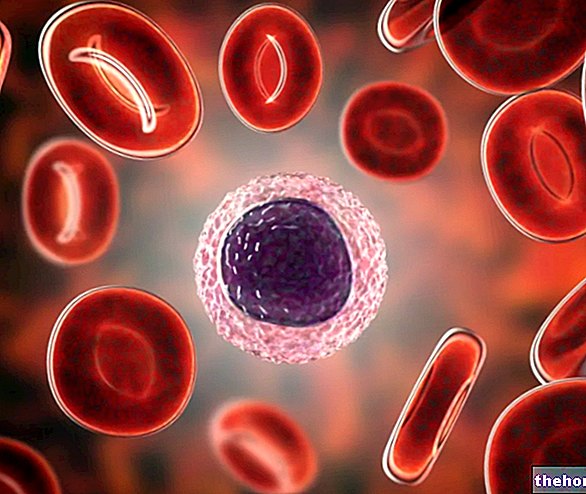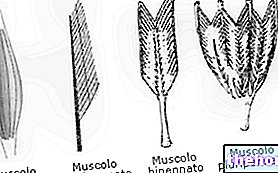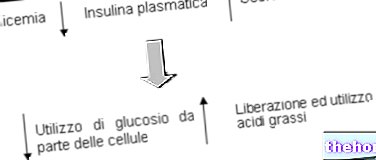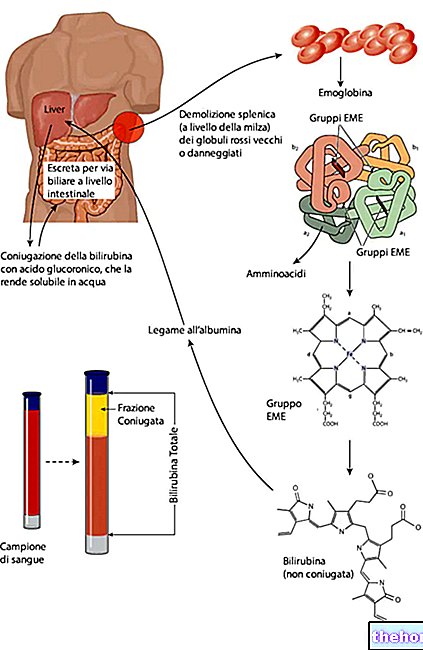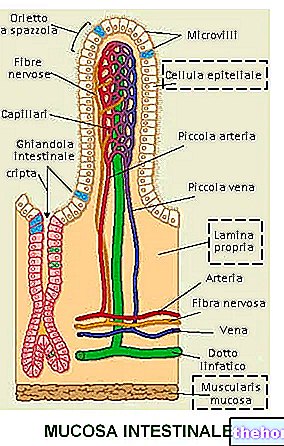Androgens are hormones produced by the adrenal and sexual glands, both male and female. In men, the main producers of androgens are the testes, while in women these hormones are synthesized in an important way both by the ovarian cells and by the adrenal gland.
The word androgen has Greek origins and means "that produce man". In fact, they are characteristic hormones of the male sex, endowed with numerous functions; let's see the main ones:
- in the embryo: male differentiation of the internal and external genitalia.
- At puberty: development of secondary sexual characteristics; muscle mass increase; achievement of peak bone mass; psychic modifications (aggression); hair development, libido and sperm function.
- In the adult: maintenance of masculinity and libido, maintenance of secondary sexual characteristics, muscle strength, skin trophism and bone mass.
Androgens are also very important hormones in women, despite the fact that they are present in much lower concentrations in the female organism. They represent the chemical substrate for the synthesis of estrogens, typically female hormones that perform parallel functions. this conversion is important above all for the sexual impulse and for the synthesis of new red blood cells (see erythropoietin).
The most important and well-known androgen is testosterone, but other hormones also belong to this family, such as dehydroepiandrosterone (DHEA), androstenedione, androstenediol, androsterone and dihydrotestosterone. The latter represents the most active metabolite of testosterone and its excess is often accompanied by problems such as acne, androgenetic alopecia and hirsutism.
The use of androgens, natural or chemical derivatives, in the therapeutic field is dedicated to the treatment of male hypogonadism, sexual impotence, osteoporosis and in states of severe organic debilitation (cachexia). In sports they are used to increase athletic performance (see: anabolic steroids).

